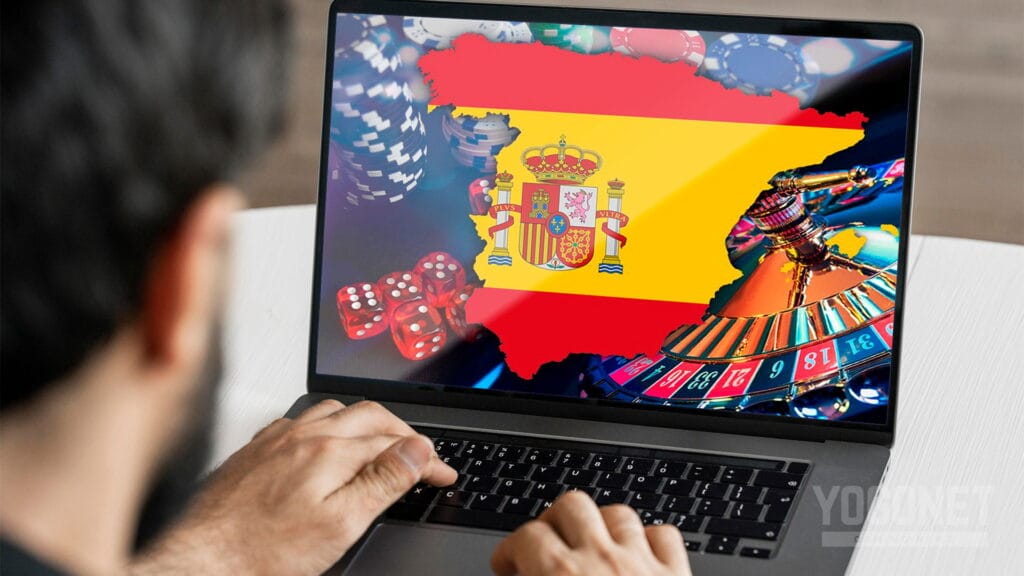German Online Gambling Industry Faces Scrutiny Ahead of 2026 Review
The German online gambling industry is bracing for significant changes as the evaluation of the Interstate Treaty on Gambling, in effect since 2021, approaches in 2026. A recent “Regulatory Breakfast” hosted by the German Online Casino Association (DOCV) highlighted the critical phase ahead for both operators and regulators. The association emphasized the urgent need for action, particularly concerning deposit limits, maximum stakes, and combating the black market.
Key Issues Raised by DOCV
During the discussion, DOCV Vice President Simon Priglinger-Simader, along with lawyer Michelle Hembury and consultant Phillip Bauer, assessed the regulation’s progress since its implementation. While acknowledging positive developments such as direct communication with the Joint Gambling Authority of the Länder (GGL), they noted that key challenges remain unresolved. Priglinger-Simader called for a more open dialogue with policymakers and authorities to establish practical regulations.
Criticism of Deposit Limits and Maximum Stakes
A central focus of the discussion was the current transitional arrangement for the monthly deposit limit, which is typically €1,000 but can be increased to €10,000 with appropriate documentation. This transitional rule was extended until the end of 2025, leaving the permanent structure undecided.
Michelle Hembury stressed the need for clear legal frameworks to provide operators with planning security. She criticized the current definition of “economic capacity” as a prerequisite for increased deposit limits, deeming it too vague and difficult to implement in practice.
Conversely, addiction researcher Tobias Hayer strongly opposes the current practice, advocating for concrete evidence such as salary statements or tax returns. He also proposes a significantly lower, flat deposit limit of €300 per month to curb problematic gambling behavior early on.
The so-called “1-euro problem” is another point of contention. Currently, players are limited to a maximum stake of one euro per spin on virtual slot machines. According to Hembury, this restriction hinders the creation of an attractive, competitive offering. However, numerous online providers advertise games without limits.
Priglinger-Simader confirmed that this issue has gained political attention. The DOCV hopes for a substantive discussion in the fall of 2025 and a practical solution before any new regulations take effect in 2026.
The Shadow of the Black Market
Another critical issue is the persistent presence of illegal providers in the online slot segment. The DOCV estimates that the channeling rate is only 20 to 40 percent, with up to 80 percent of the market attributed to unlicensed platforms.
The association criticizes both the current taxation on stakes and the inadequate measures to combat the black market. The DOCV also called for greater relief for legal providers to ensure their competitiveness.
Looking Ahead: Reform Pressure Mounting
The upcoming 2026 evaluation of the Interstate Treaty on Gambling brings comprehensive reforms within reach. Industry representatives are pushing for greater flexibility in limits, practical testing mechanisms, and more effective black market strategies. Policymakers and regulators face increasing pressure to develop viable solutions.
The key will be how these debates are concretized in the coming months and whether it is possible to strengthen both player trust and the legal market.
Stay ahead of the game in the licensed betting world – get the latest insights at LicensedBettingSites.com.















